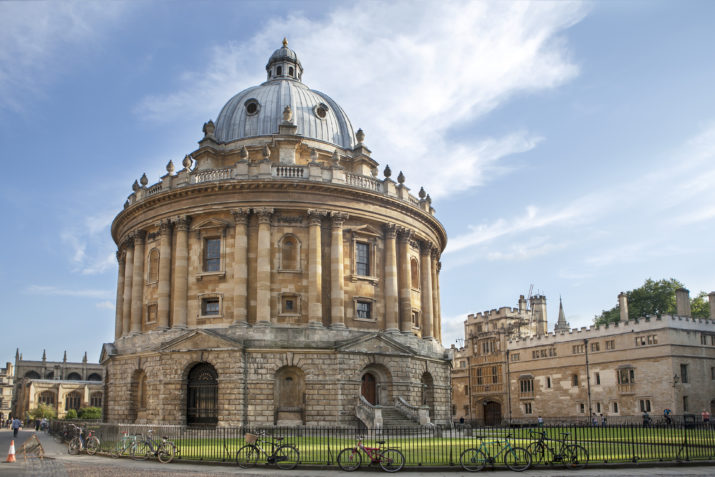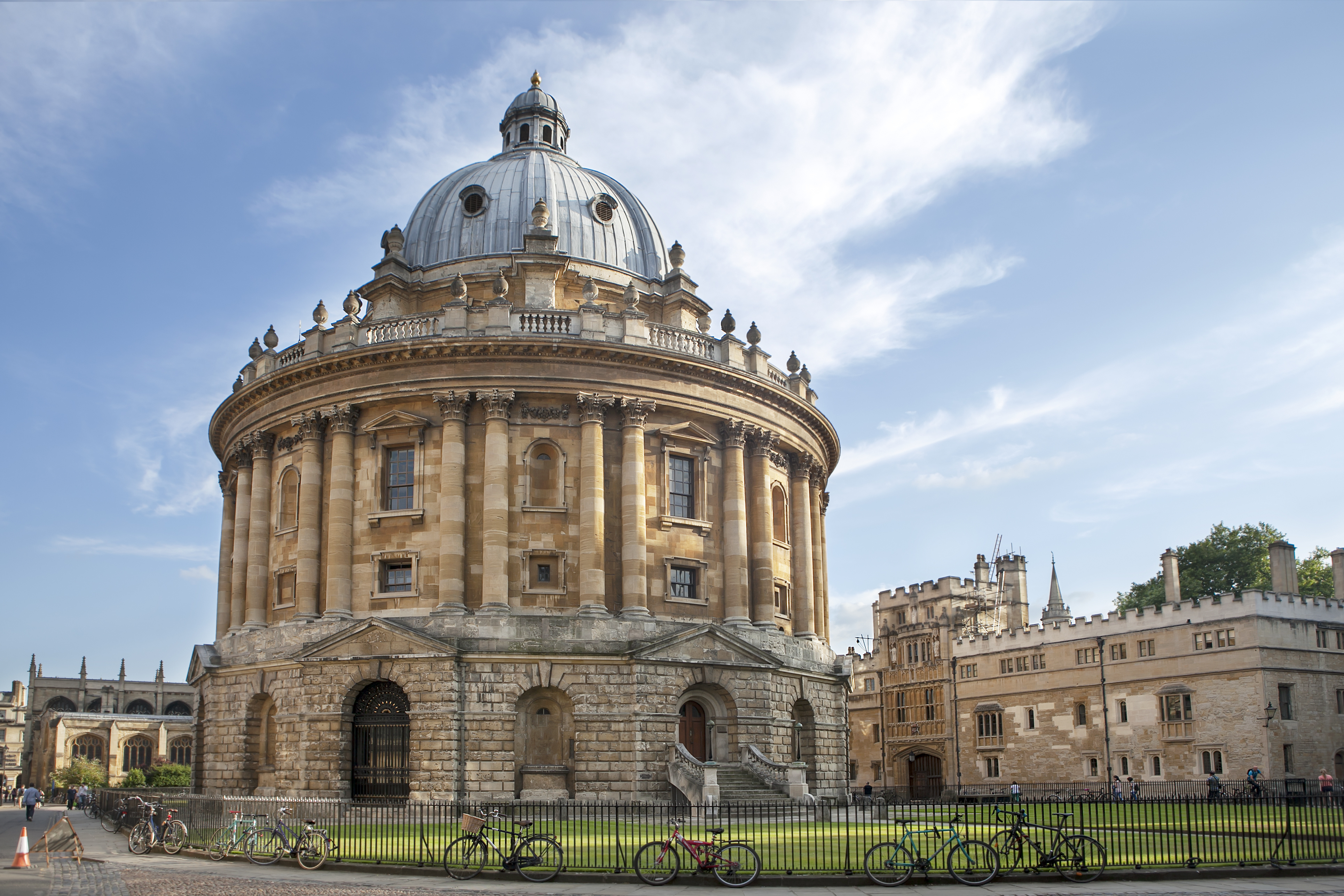

The aftermath of Britain’s 2016 referendum decision to leave the European Union has been particularly poignant for Britain’s academics, operating as they do in a self-consciously international and “European” sector, not least due to the significant number of EU27 nationals who staff Britain’s universities.[1] During the diplomatic table-tennis, which ensued after June 23, 2016, their fate, and that of their families, has hung in the balance. As institutions, Britain’s universities are exposed in numerous ways. They have become dependent on European funding for a significant amount of their research income, with considerable evidence that European funding has compensated for the loss of domestic research funding in the post-2008 austerity years.[2] As UK government funding has been successively slashed, successful bids to the European Research Council and other EU funding sources have helped to make up the shortfall.[3] And that’s before detailing the benefits – cultural and economic – accruing from EU students who study in UK universities for the whole of their degree, and those who come to the UK (one of the most popular destinations in Europe) for shorter periods via the ERASMUS scheme.[4] Brexit, as was understood at the time, stands to cost British universities a lot.
The Brexit moment and universities in the “culture war”
But the “Brexit moment” British academics and their institutions have found themselves inhabiting has other implications too. In the Brexit debate, academic expertise itself came under visceral attack.[5] Overwhelmingly, academics backed the Remain cause, and as the political scientist David Runciman has noted, universities and their environs often became isolated pockets of Remain resistance in otherwise Leave-dominated areas once the votes were tallied.[6] In the two years since that fateful poll, Britain’s universities have found themselves at the center of a “culture war,” where popular nationalism and attendant media discourses have targeted them as the holdouts of a supposedly-privileged “liberal metropolitan elite,” with the Daily Mail turning its fire on “Our Remainer Universities” following an earlier attack on the judiciary as “Enemies of the People.” In 2017, the British Parliament passed a new Higher Education and Research Act, which arrogated “Olympian” powers to a new regulator, the Office for Students, which is now able on its own authority to deprive universities of their very status as degree-granting institutions. Meanwhile, a politically-motivated debate – often grounded in false premises – has been sparked over alleged threats to free speech on campus. Academic freedom is not merely in question, but – in a country which even before the new Act had some of the weakest protections in Europe[7] – under threat of extinction.
This has presented British academics with enormous difficulties. Britain’s universities are highly-marketized entities, charging comparatively high fees, and British academics are increasingly driven through government audit mechanisms to generate “impact” for their research. Apart from a fundamental vocational imperative to foster the dissemination of knowledge, academics – particularly in the humanities and social sciences – are compelled to engage with a public and media increasingly hostile to them as a group. When the University of Liverpool law professor Michael Dougan made contributions to the referendum debate based on his professional expertise, he was met with emailed abuse, including death threats.[8]
With expertise at a discount (encapsulated for many in former Education Secretary Michael Gove’s infamous statement “we’ve had enough of experts” during the Brexit campaign), academics have found themselves in sharp opposition to many developments in contemporary political culture. One such in the Brexit moment has been a renewed enthusiasm for empire – a sympathy not shared by most historians of colonialism. Politicians’ advocacy of “Empire 2.0”[9] and the invocation of a fictive “Anglosphere”[10] as a way to reconceptualize Britain’s place in the world post Brexit have come under sustained academic criticism. Offering such criticism has led to eminent scholars in postcolonial studies such as the Cambridge literary scholar Priyamvada Gopal being targeted by the media on the specious grounds that scholarly opposition to imperialism is closing down “free speech. When the Oxford theologian Nigel Biggar proposed a new project on ethics and empire, trailed with the claim that Britons needed to “moderate their guilt” in respect of the imperial legacy, he was met with a fusillade of scholarly criticism (including a letter signed by 58 Oxford colleagues and scholars of empire who profoundly disagreed with him), and a number of public comments from Gopal. Rather than regarding such a scholarly conflagration as in itself an expression of academic freedom of speech, right-wing media including The Times (a cheerleader for government reforms of British universities) and the Daily Mail instead chose to launch a character assassination of Gopal, with the Mail calling for her dismissal. Gopal’s was but one high-profile case. Speaking truth to power in the Brexit moment is a dangerous business.
The academic revolt
Such protections as tenured US academics enjoy are alien to British academics. At the behest of Margaret Thatcher, tenure was abolished for academics working in UK universities in 1988. Recently, universities have sought to weaken their own statutory protections for academic job security, making academics more vulnerable to dismissal.[11] The academic workforce in the UK is increasingly casualized, and government audit mechanisms including the Research Excellence Framework (REF) and the Teaching Excellence Framework (TEF) drive the priorities of university managers who are increasingly drawn from business backgrounds with little or no sympathy with the unique role of universities as corporations seeking to promote the advancement of knowledge. Instead, success according to key performance indicators (KPIs) and national and international league tables is all that really matters. Just as universities have found themselves across a gulf from much of wider society, their academics and many academic related staff have found themselves cut off from the leaderships of their own institutions.
This was thrown into stark relief when the body representing the employers, Universities UK, proposed to reform the Universities Superannuation Scheme (USS) which provides pensions for academics in pre-1992 UK universities. The subsequent bitter industrial dispute reflected not merely a widespread desire to preserve retirement incomes, but an opportunity to reassert the authority of academic and academic related staff who felt themselves under attack from all sides. With the hashtag #WeAreTheUniversity, Britain’s academics went to war with their own university leaders, and, in some part, with a union leadership which many saw as too conservative and engaged in the business of the managed decline of Britain’s academic profession. Britain’s academics, never notorious industrial militants, engaged in a dispute which paralysed many universities and which, before strike action was even over, has accounted for more lost working days than in the totality of all industrial disputes which had taken place in Britain over the previous two years.
Conclusion: British academia in the Brexit moment
Two years on from the referendum decision, Britain’s academics have found themselves locked in a war not of their choosing, where they have been narrativized (in the words of the Daily Mail) as a “left-wing fifth column” in an increasingly volatile neonationalist political culture. The hammer blows dealt to their sense of self have had profound consequences, but positive ones too. Britain’s academics are no longer, if they ever were, oblivious to the fact that their profession is far from secure, either in terms of individual careers or in terms of the fate of the profession itself. Nor are they unaware of the fact that what Eric Lybeck has called the “coming crisis of academic authority” is here, right now. There are parallels with Trump’s America, but also peculiarities specific to Britain and its unique historical experience as a literal and metaphorical island off the coast of Europe, wedded to empiricism over Continental theory, inhabiting a political culture still beholden to an empire state of mind. The very model of the university most academics believe in is threatened by a hypernationalist technocratic agenda, which parallels other nations’ common obsessions with “education for economic growth,” but which finds its most powerful echo here. When Britain elected to leave the European Union in June 2016, it was, in many respects, a repudiation of many academics’ values and what Lionel Robbins (following Michael Polanyi) once characterized as the internationalism of the “republic of mind.” In the aftermath, they were shell shocked. But as recent months have shown, an academic revolt is now firmly underway. Brexit alone did not trigger the processes which have led to the plight of the British university today; but it catalyzed them, and threw them into stark relief. Amongst many academics, the Brexit moment in British political culture has become a battleground for the very idea of the university; who wins in this contest will have profound implications not merely for these institutions but for British society as a whole.
Mike Finn is Director of Liberal Arts and Senior Lecturer in History at the University of Exeter, UK. His last book, British Universities in the Brexit Moment: Political, Economic and Vultural implications, was published by Emerald this year. His Empire State: British Political Culture in the Age of Neonationalism, will be published by Routledge in 2019.
Photo: Oxford, UK – August 27, 2014: view of the Radcliffe Camera with All Souls College in Oxford, UK. The historic building is part of Oxford University Library | Shutterstock
References:
[1] Mike Finn, ‘Brexit: The aftermath for universities and students’, The Conversation, 28th June 2016.
[2] Mike Finn, British Universities in the Brexit Moment: Political, economic and cultural implications (Emerald Books, 2018), pp. 74-75.
[3] Ibid, p. 75.
[4] Finn, British Universities in the Brexit Moment, pp. 35-60.
[5] David Matthews, ‘Academics take stock after Brexiteer victory over the experts’, Times Higher Education, 1st July 2016.
[6] David Runciman, ‘A win for “proper people”?: Brexit as a rejection of the networked world’, Juncture, 23:1 (2016), p. 5.
[7] Terence Karran and Lisa Mallinson, Academic Freedom in the UK: Legal and normative protection in a comparative context – A report for the University and College Union (London: University and College Union, 2017).
[8] Finn, British Universities in the Brexit Moment, pp. 114-116.
[9] Sam Coates and Marcus Leroux, ‘Ministers aim to build “Empire 2.0” with African Commonwealth after Brexit’, The Times, 6th March 2017.
[10] Duncan Bell, ‘The Anglosphere: New enthusiasm for an old dream’, Prospect, February 2017.
[11] Helena Navarrete Plana, ‘Why I’m protesting Warwick’s open day in the name of academic freedom’, The Boar, 23rd June 2017.
Published on September 21, 2018.




